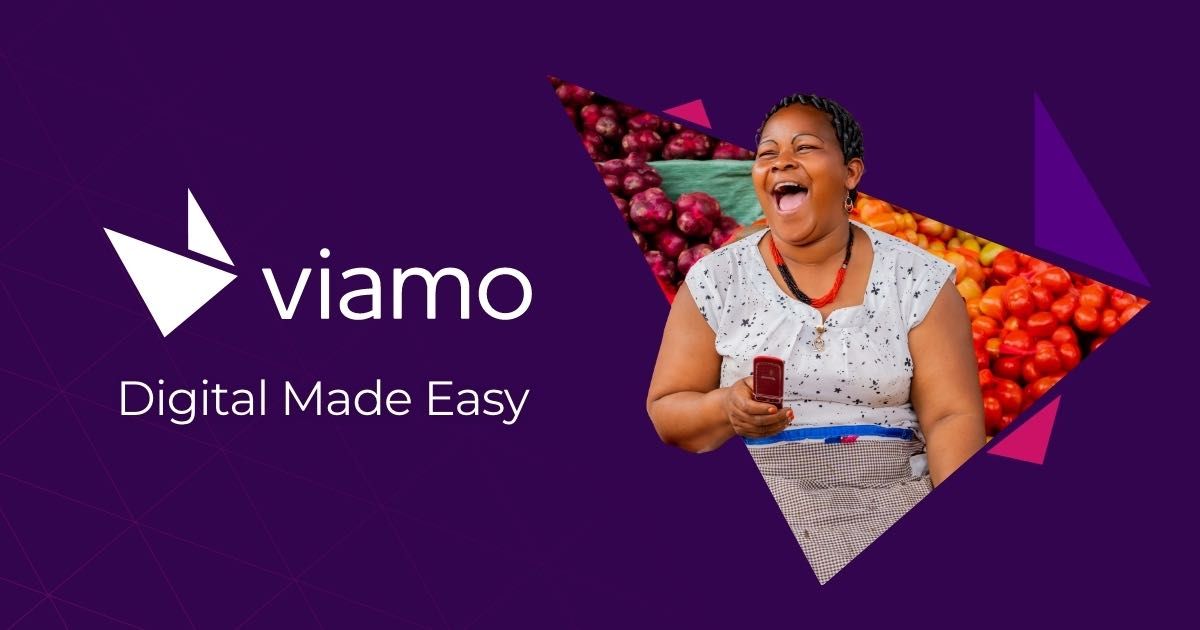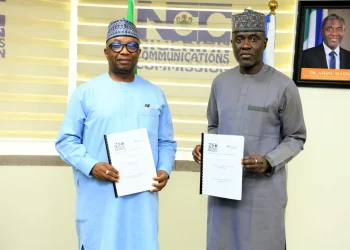Viamo has launched Ask Viamo Anything (AVA), a voice-first AI assistant that works on basic mobile phones without internet access. The service aims to narrow the digital divide by giving people who do not own smartphones a way to ask open-ended questions and receive spoken answers on health, education, agriculture and more.
How it works
Users dial a local Viamo number and speak naturally. Their speech is converted to text, processed by a generative AI model alongside curated, country-specific content, then read back to them as voice. This design removes the need for smartphones, literacy, or data bundles. In some markets, AVA can also take prompts by SMS, with replies delivered by voice or text.
Where it is live and what’s next
AVA was piloted in Zambia in May 2023 and has since been introduced in Ghana and Nigeria. Viamo is rolling AVA into additional markets, including Pakistan, India and Tanzania, with local language support such as Urdu, Hindi, English and Swahili. The company operates in about 25 countries and intends to extend AVA through its existing voice hotlines.
Why it matters
Roughly three billion people remain offline. Many still use basic handsets and face barriers such as low literacy and high data costs. AVA lowers those barriers by using voice calls, so users can ask anything from “How do I plant beans?” to “Where can I find family planning services near me?” The model blends open-domain knowledge with vetted local information to keep answers practical and relevant to each country.
Safeguards and quality control
Viamo says it reviews responses daily, with extra care for sensitive topics such as mental health, sexuality and religion. The assistant makes clear it is an application, not a person, and routes callers to appropriate support where needed. Local partners contribute subject-matter content (for example, agricultural and public health guidance) to improve factual accuracy and reduce generic or misleading answers.
Early scale and usage
Viamo reports that its broader platform has served tens of millions of people and logged billions of call-minutes. During the AVA pilot, callers asked tens of thousands of questions, with health emerging as a leading topic among women and girls and education ranking highly across all callers. In Nigeria, reporters have highlighted the low out-of-pocket cost for a call, making AVA accessible even in low-income settings.
Use cases taking shape
- Health: callers ask about HIV, maternal health, nutrition, and nearby clinics.
- Agriculture: farmers seek advice on pests, planting cycles and market practices suited to local conditions.
- Civic education: users explore concepts such as democracy, rights and public services.
- Climate and crises: country-specific deployments aim to support disaster preparedness and response with timely, spoken guidance.
What to watch next
- Language coverage: expanding high-quality speech recognition and synthesis across African and Asian languages.
- Content partnerships: deeper integrations with NGOs and public agencies to enrich trusted, localised answers.
- Safety and governance: continued guard-rails against harmful or misleading content, plus transparent data practices for callers.
- Evidence of impact: independent evaluations on learning gains, health behaviours and income-related outcomes.















